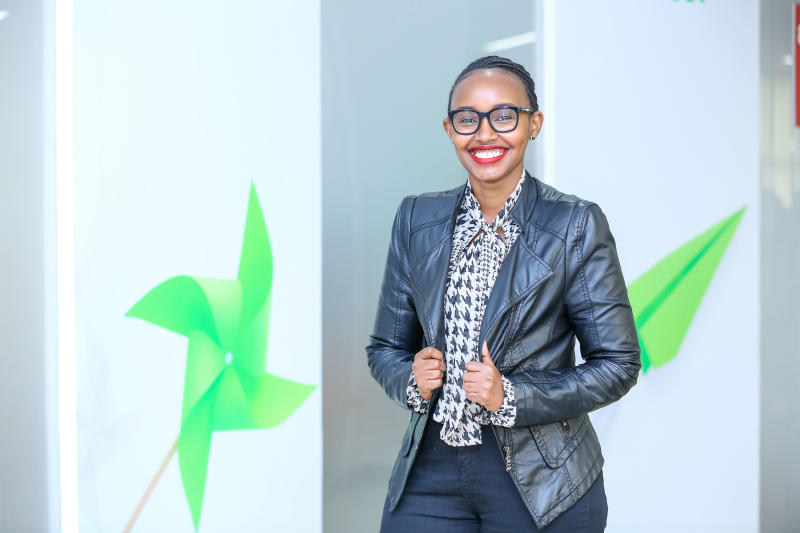×
The Standard e-Paper
Smart Minds Choose Us

While it is improving, the reality is that even now, in 2020, fewer women than men choose careers in science, technology, engineering, and mathematics. Naisenya Mungai is one of the few who dared.